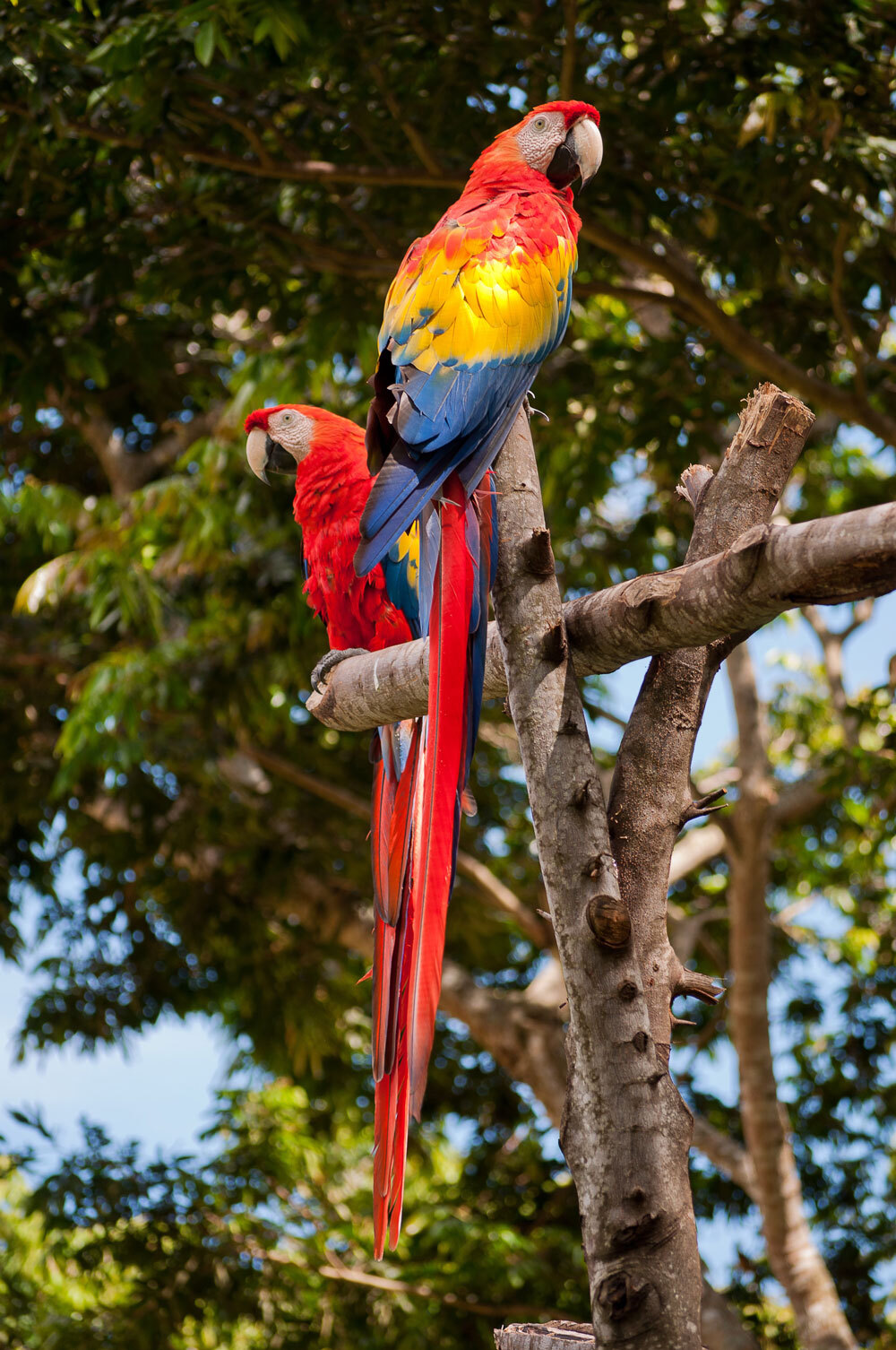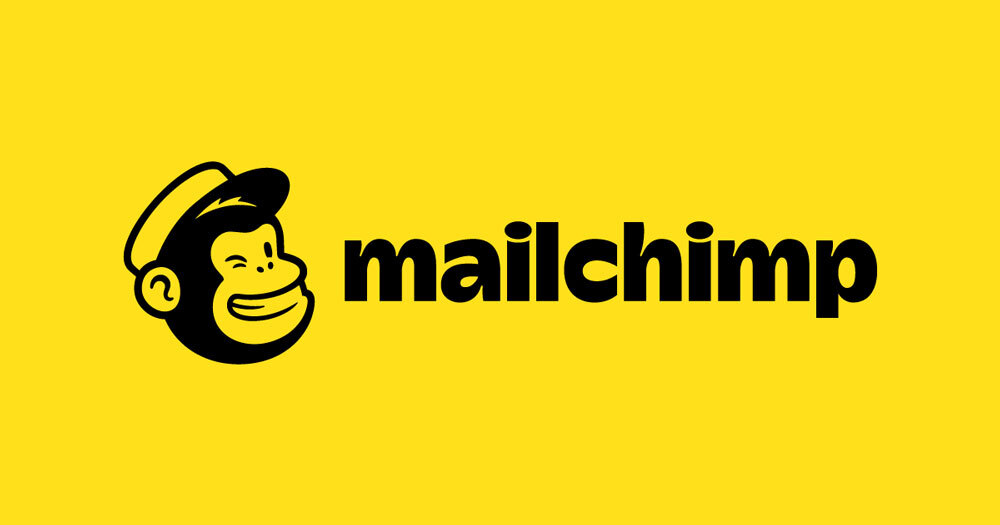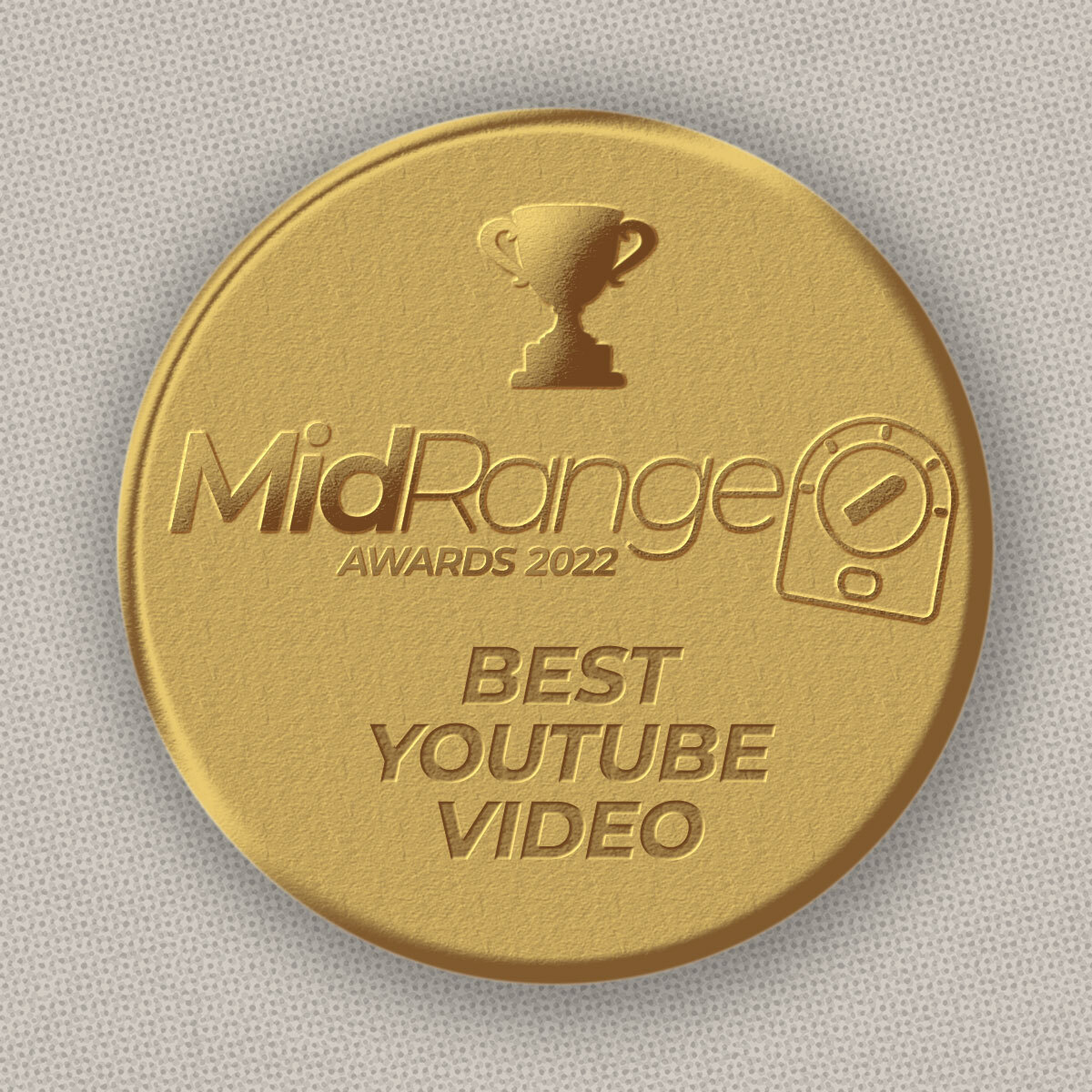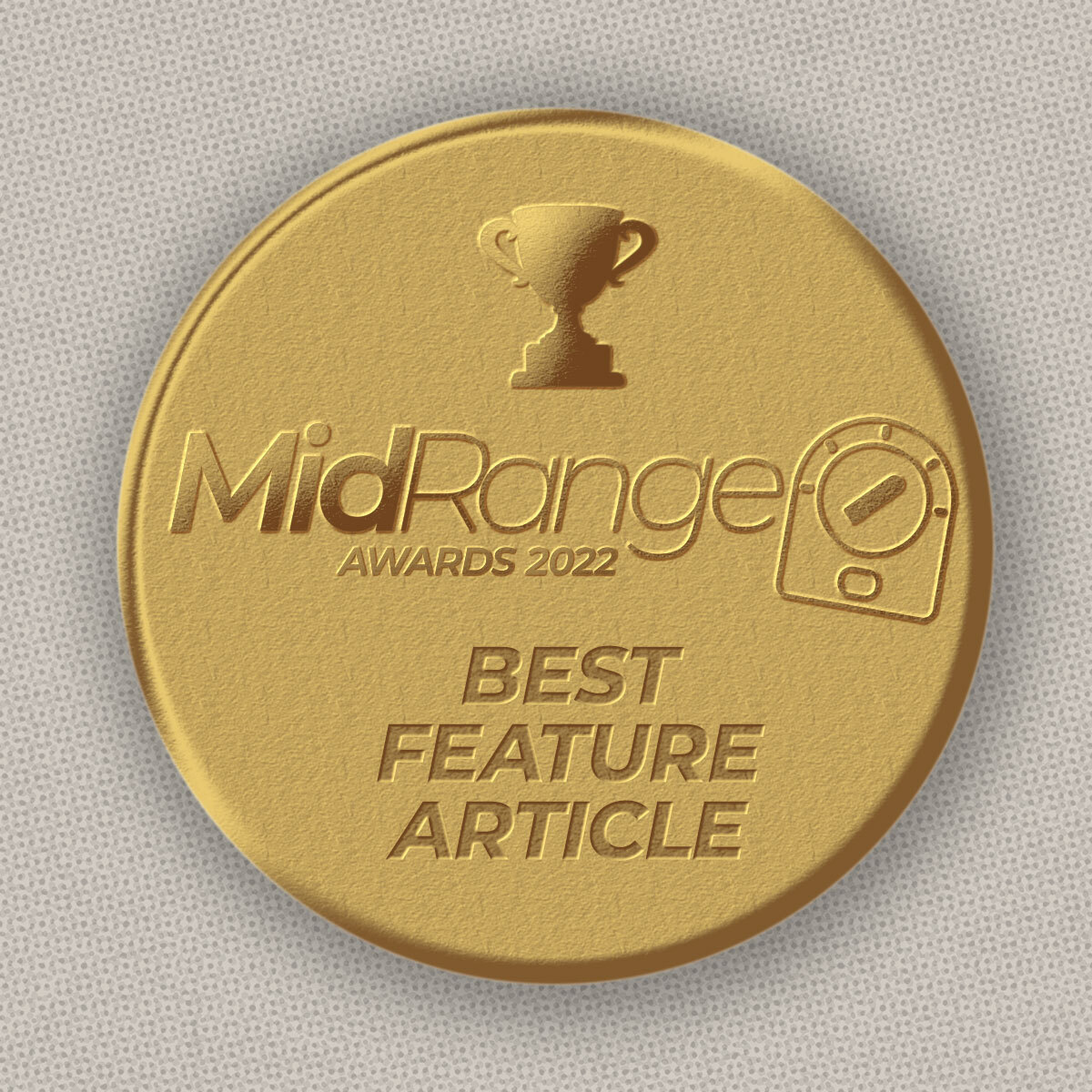
In a lot of ways, writing this newsletter has been great, in that it it has kept me on top of certain news angles. But at the same time, I am realizing that I did so much writing about things that diving into great bloggers and writers has not been a priority in 2022. (I need to fix that.)
Sure, there are some always recommended favorites in my inbox—Simon Owens, Today in Tabs, and Chris Geidner’s Law Dork, just to name a few—but I found that writing this entry was actually a little harder than I had hoped, because what makes a great individual blog post isn’t always the same as being consistently great at writing consistently over many years. We have a league of consistent hitters who never swing for the fences.
Perhaps it’s because some annoying astronaut guy sucked up all the energy, but 2022, while seeing a perk-up in energy around the idea of open creation near the end of the year, just didn’t strike me as a dominant year for big viral blog posts. (Chris Dalla Riva’s “The Death of the Key Change,” on Tedium, excepted.)
But there was one that very much stood out from the fray as a huge discussion point, and it’s one that hit right at the beginning of the year.
That piece, “Is Old Music Killing New Music?” by music writer Ted Gioia, took a weapon to some of tech’s thinking on sacred cows, which is that the “long tail” form of creation would end up benefiting the music economy as a whole in the post-Napster age.
But it arguably didn’t—as he pointed out, old music sales were far outselling new works—because the music industry decided to invest in existing blockbusters:
The leading companies in music had many chances to reinvent themselves over the last quarter century, taking bold action that might have transformed themselves and the entire culture. But they didn’t want to take any risks. They could have invested in new technologies—but didn’t, instead allowing Silicon Valley companies to swallow up most of the profits from music in the 21st century. They could have signed and nurtured new talent—but didn’t, preferring to invest in 50-year-old songs. They could have embraced exciting new sounds—but didn’t because the algorithms and dominant formulas reward rehashes of the old sounds.
Even so, I refuse to accept that we are in some ugly endgame, witnessing the death throes of new music. And I say that because I know how much people crave something that sounds fresh and exciting and different. If they don’t find it from a major record label or algorithm-driven playlist, they will find it somewhere else. Things can go viral nowadays without the entertainment industry even noticing until it has actually happened. And that will be how this story ends—not with the marginalization of new music, but with something radical emerging from an unexpected place.
One could argue that the film industry did the same thing—certainly the box office would support the case. But the truism is the same. The catalog is worth a lot more than the new product—and a big reason for that, as I posited in response to Gioia’s piece, might be the unnaturally long lengths of copyright law.

Gioia followed up on this line of thinking about six months later, with a piece titled “Where Did the Long Tail Go?” It is also sobering reading:
There’s one more reason why the Long Tail has died in the digital world. Web platforms aren’t really focused on serving users—what they really want to do is control users. This almost always requires them to squeeze out niche and alternative views, and force as many customers as possible to follow the herd.
That’s a useful comparison. Web platforms are herders. And, if you follow the analogy, that makes us all sheep.
I wish I didn’t have to say all this. Because I love those niches and fringes in the creative world. I believe they deserve our support. But in most instances, this support must be driven by our generosity, philanthropy, and commitment to our core values—and not merely by profit seeking. Because as soon as profit maximization enters the picture, these outliers on the distribution curve don’t make the cut.
I am a long-tail enthusiast. It’s been part of Tedium’s tagline since 2015. There’s a lot there. But long tails do not make everyone rich. They just ensure a couple of fractions of pennies go to the outer reaches.
In a world of platforms to take most of the money, it seems like we need to bet on open to really build anything of value in this world. The problem is not the long tail. It’s that the long tail is front-loaded and hasn’t been properly distributed.
Runners-up

“Did this email cost Mailchimp’s billionaire CEO his job?,” Platformer: In the great tradition of bloggers uncovering details the big outlets often do not, Casey Newton and Zoë Schiffer have been doing real tech journalism when everyone else is commenting. Platformer has been a delight to read in part because it seems to be doing much of the great work The Information is designed for at a much smaller scale. This piece stands out though, as it 1) highlights a story that wasn’t on many people’s radars, and 2) shares source materials. In a year of overwrought complaining, Casey and Zoë brought the goods.

We need better tools for online speech, Jacob O’Bryant. Jacob, the creator of The Sample (full disclosure: a frequent sponsor of ours), has been working on trying to build out tooling for the open web in recent months. And he started the conversation with the blog post about why. Pieces like this are going to matter increasingly more as we turn the corner into 2023 and the open web starts to matter once more.
Time limit given ⏲: 30 minutes
Time left on clock ⏲: 30 seconds



